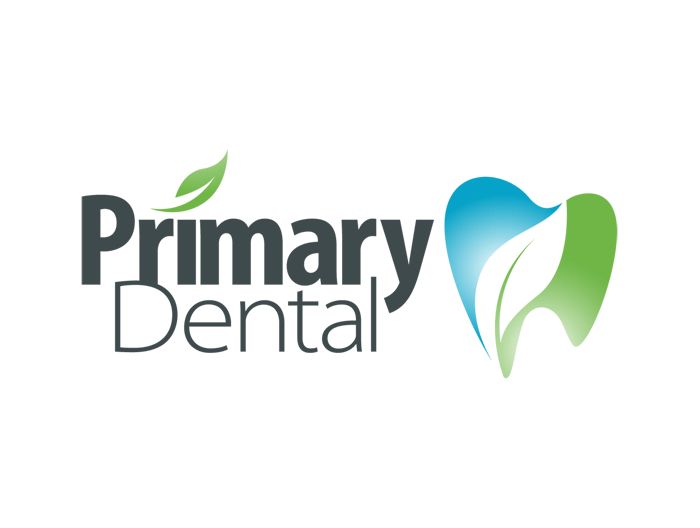Treatments for teeth grinding
If you think or know that you are grinding your teeth, your first step should be to see the dentist. Our experienced staff will evaluate your teeth and look for wear and tear that is often caused by bruxism.
We may prescribe an occlusal splint, also known as a night guard, bite plate, or talon splint. This plastic device comes in many different designs and is worn over teeth while sleeping to reduce the wear and tear on teeth. It is custom-made to fit the specific contours of your mouth so that it is as comfortable as possible to wear.
If the dentist identifies significant damage to your teeth caused by grinding, you may require some form of cosmetic surgery to restore your teeth to their original condition.
Why teeth grinding should be treated
If not dealt with properly, teeth grinding can loosen or crack your teeth and, in rare cases, cause tooth loss. Untreated, this condition can also cause damage to your temporomandibular joints (TMJ) in your jaw.
What is TMJ?
The temporomandibular joint (one in front of each ear) connects the jaw to the skull. Damage to this joint is called TMJ syndrome or disorder and it can cause pain and discomfort, restricting jaw movement.
TMJ disorder is fairly common and may be caused by jaw clenching and teeth grinding, an injury, dental issues such as an uneven bite, or other diseases like gout or arthritis.
Symptoms of TMJ
Signs of TMJ disorder may include:
- Jaw pain or tenderness/jaw clicking and popping
- Earache or popping sounds in ears
- Chewing discomfort or pain
- Locking of the joint, making it difficult to open or close the mouth
- Headaches or pain in the temple area
Can TMJ be treated?
Fortunately, TMJ responds well to home remedies. You can try the following to relieve the symptoms of TMJ:
- Using an ice pack to the jaw
- Over-the-counter pain relief
- Avoiding chewing gum
- Eating soft food and cutting food into small pieces
- Gentle massages to the jaw area
- Employing relaxation techniques to relieve stress
- Wearing occlusal splints or night guards at night to prevent jaw clenching and teeth grinding
If these do not work, the dentist may recommend prescription medication, cosmetic injections, physical therapy, and in rare cases, surgery.
We take a “no surprises” approach and our trustworthy team will always give you clear explanations about your options before drawing up a treatment plan suited to your unique needs.





